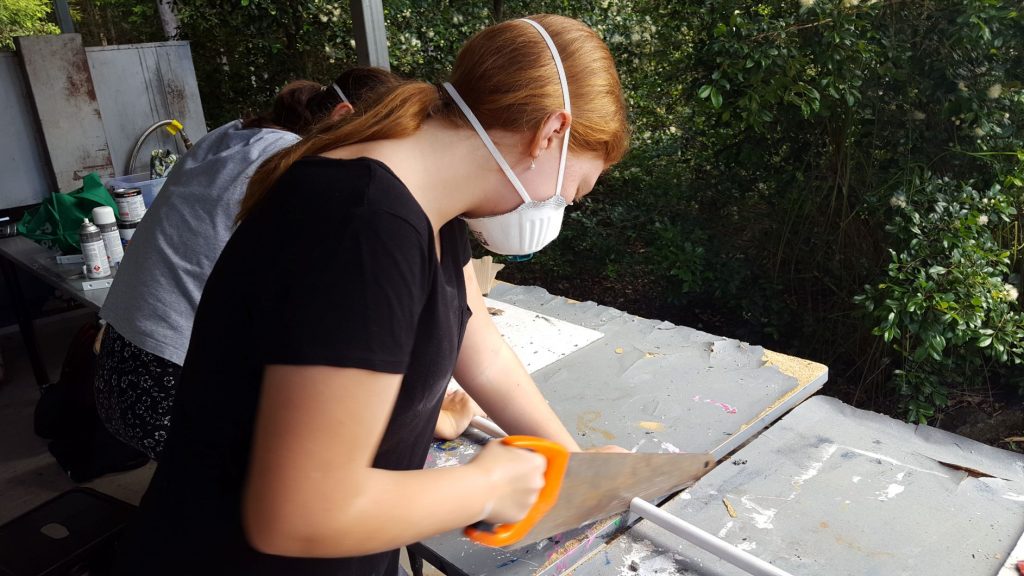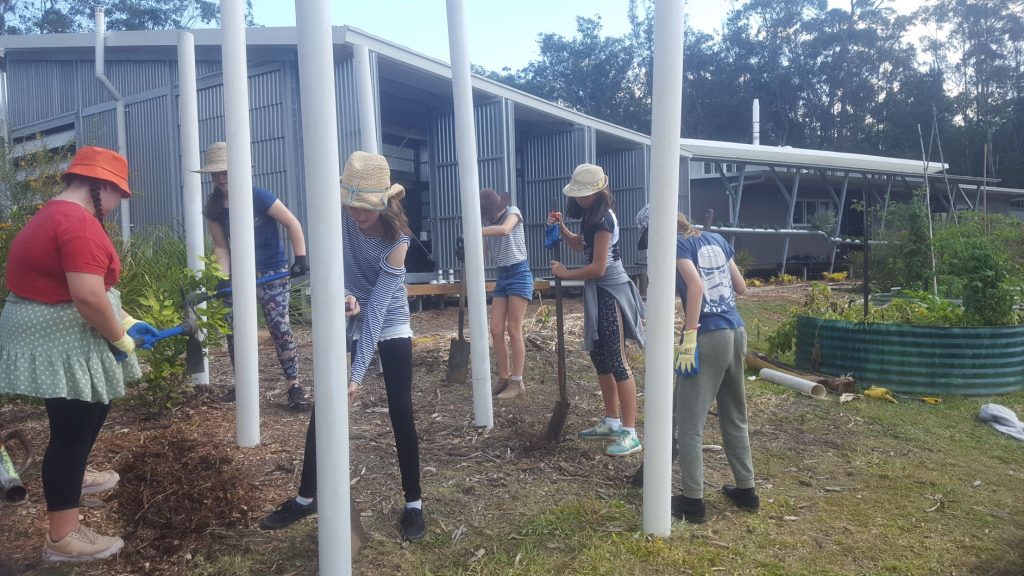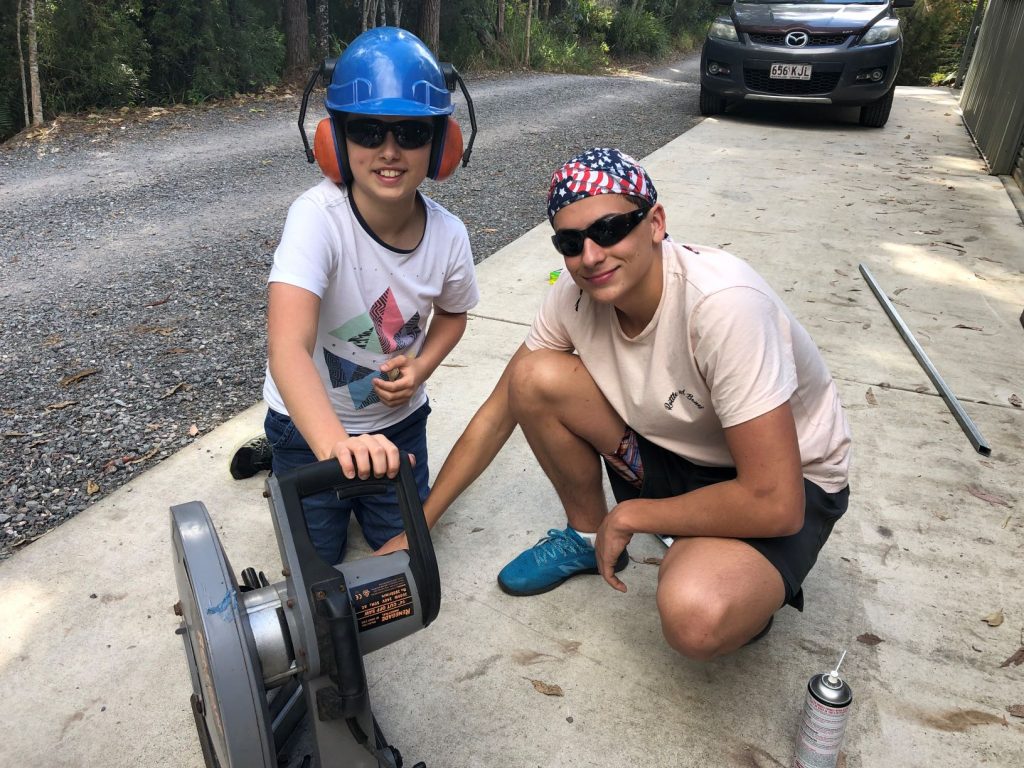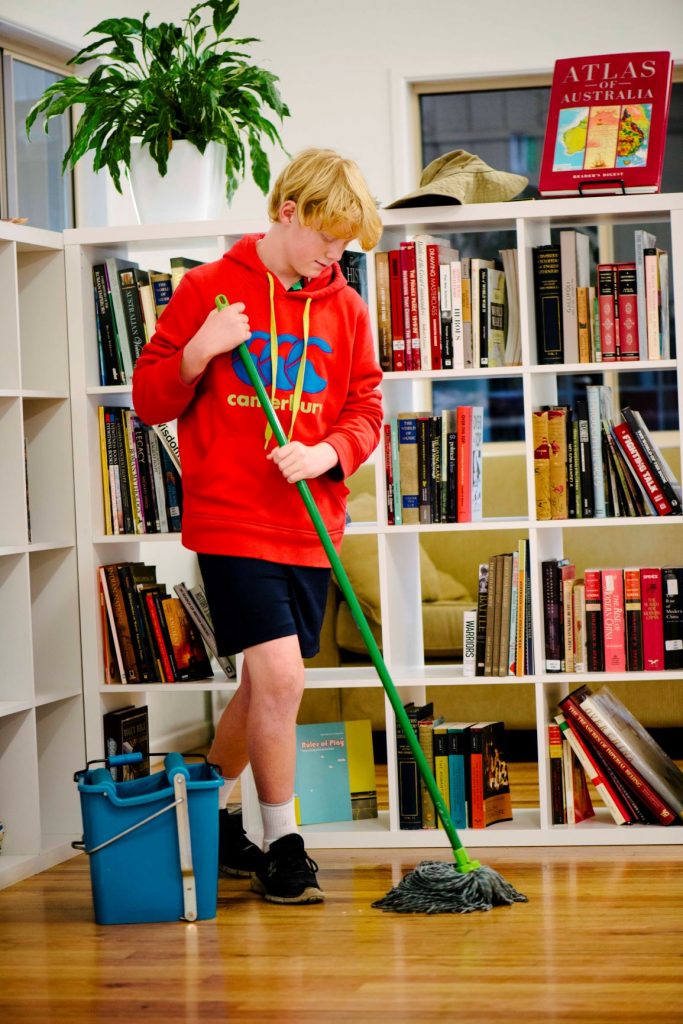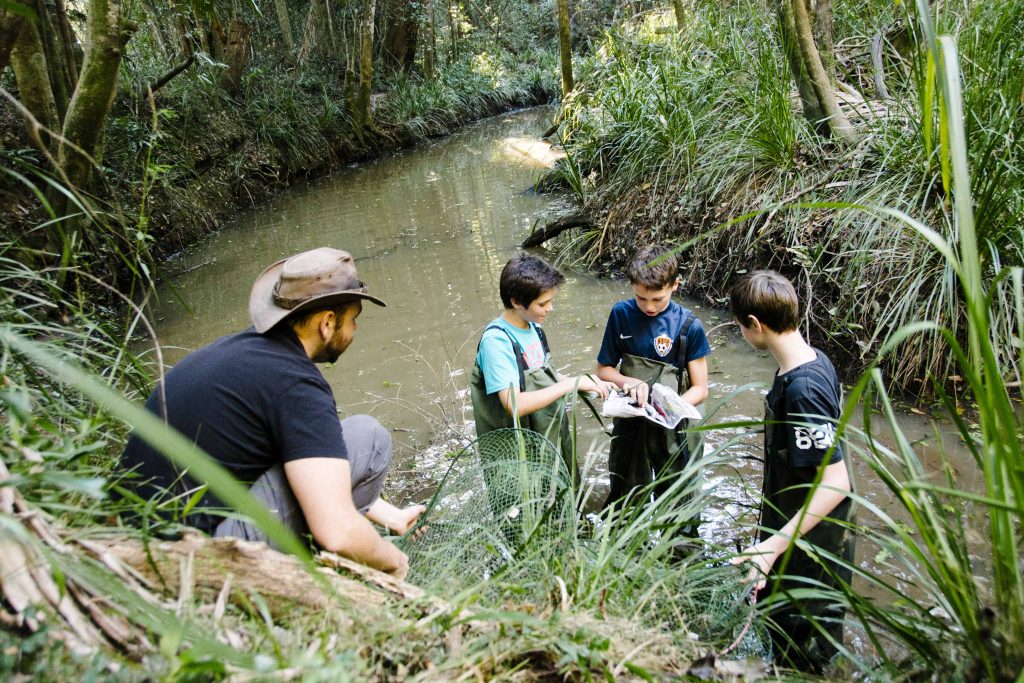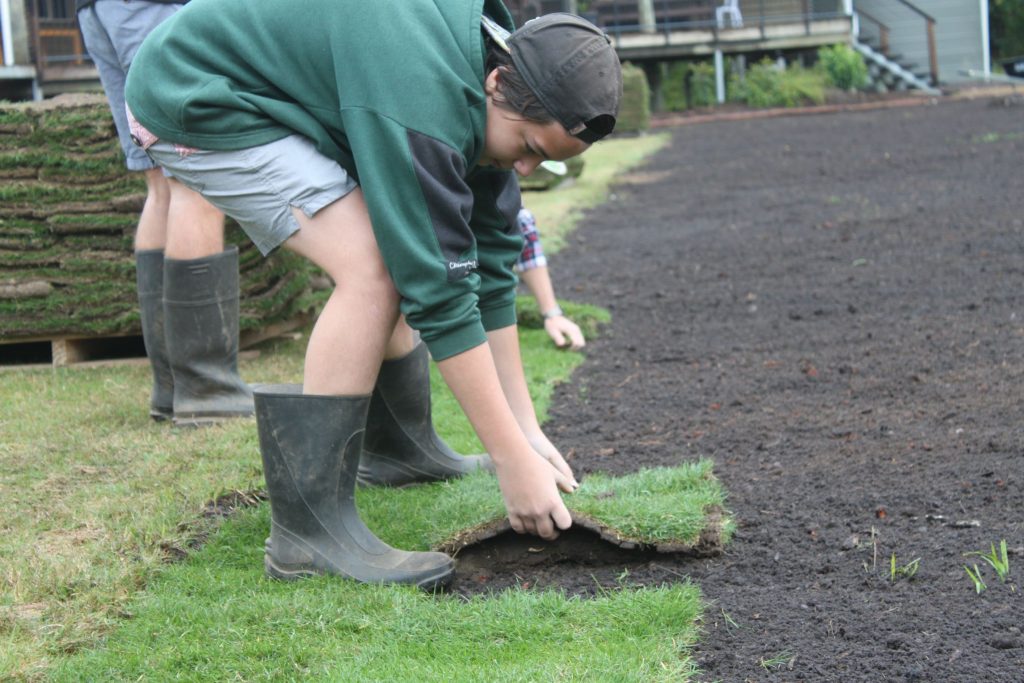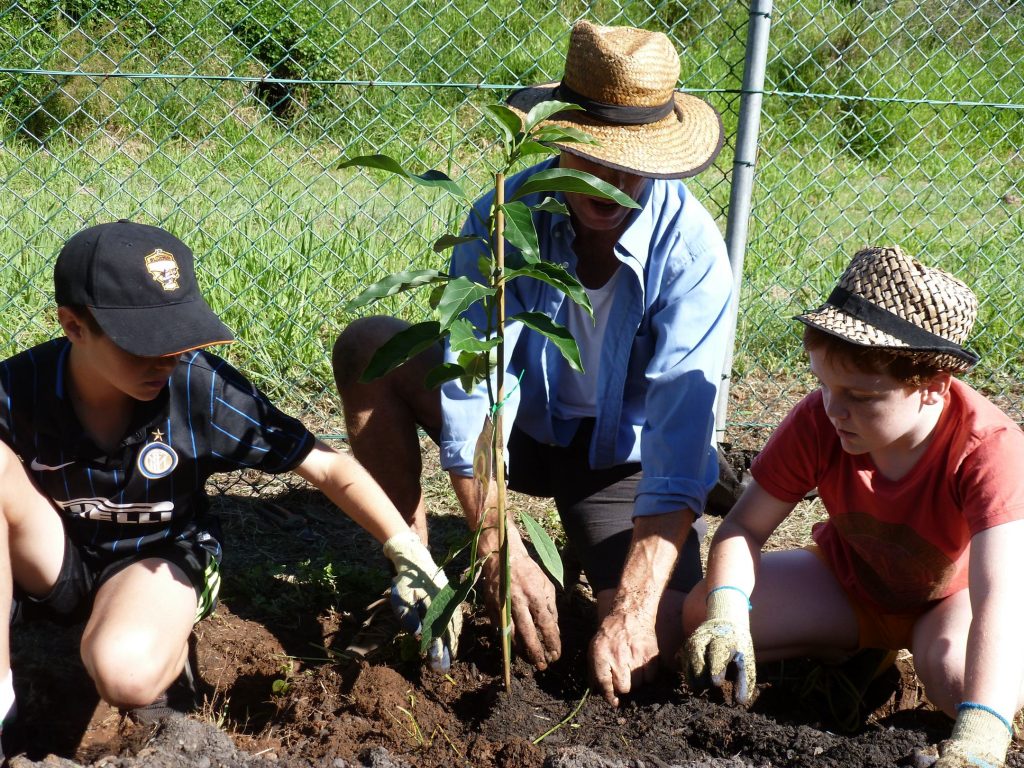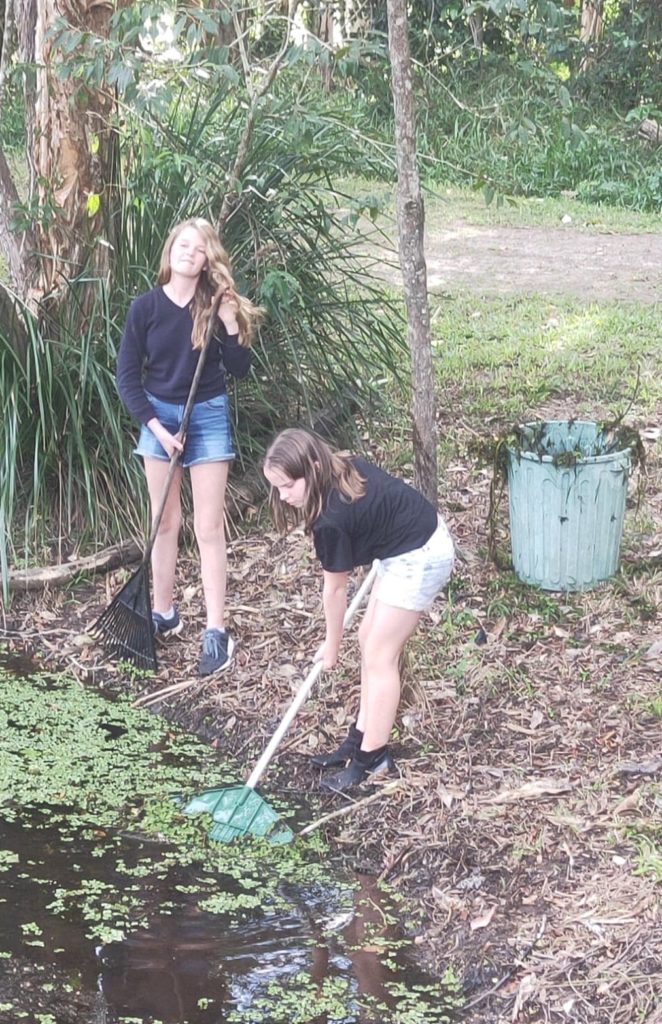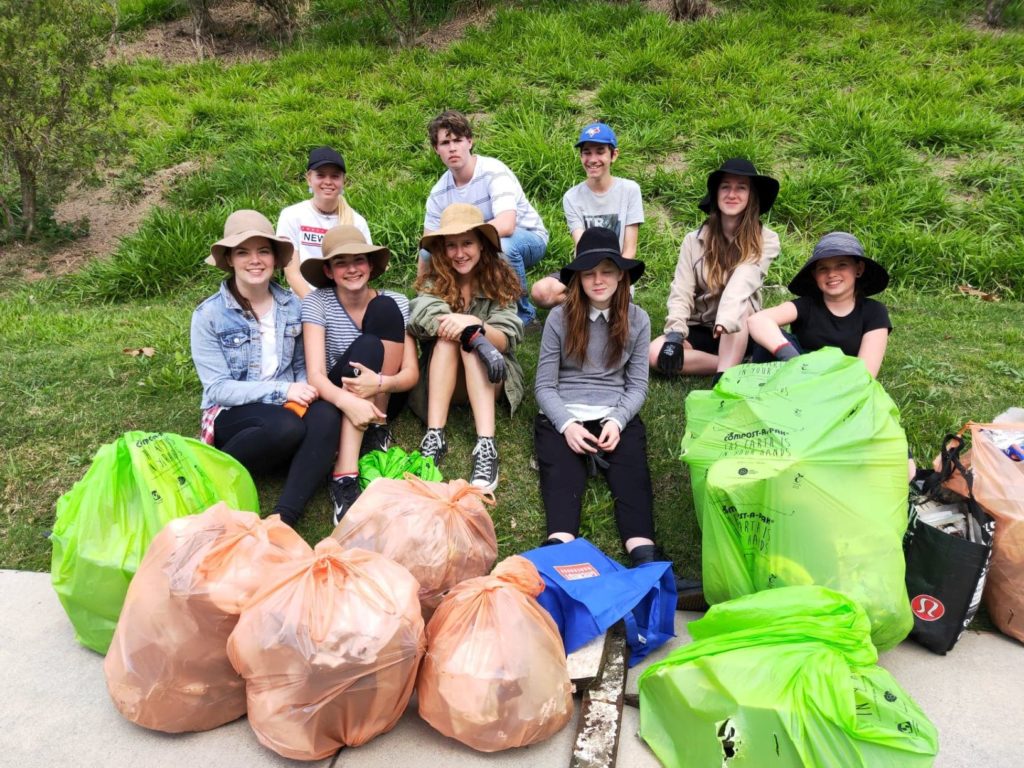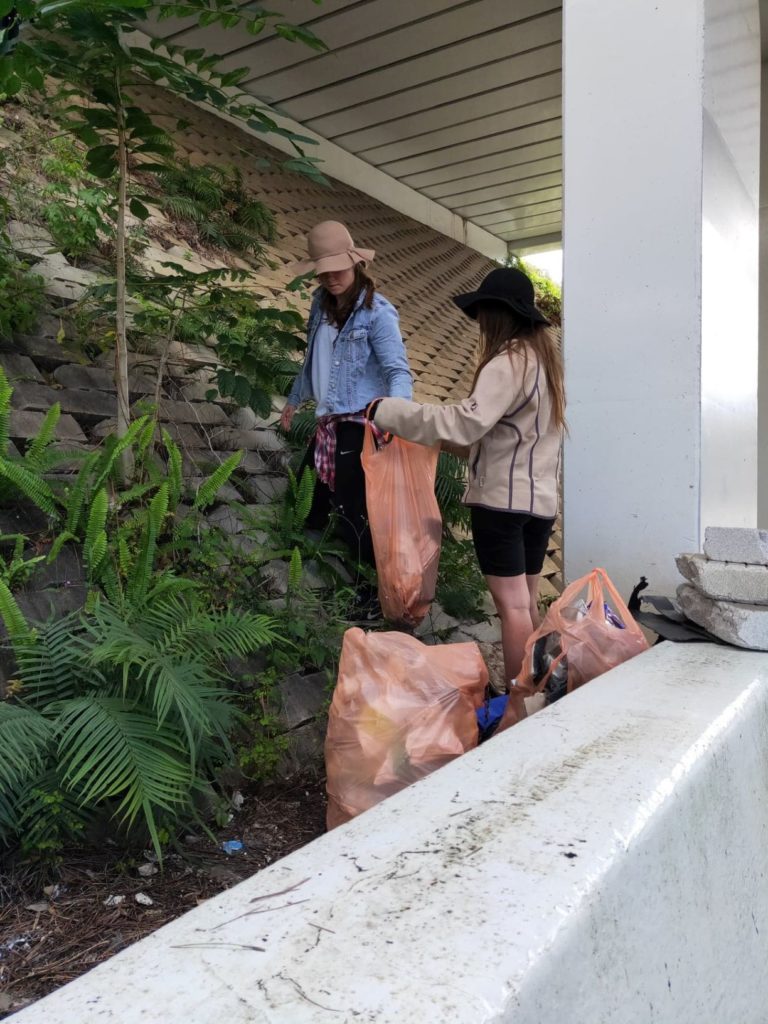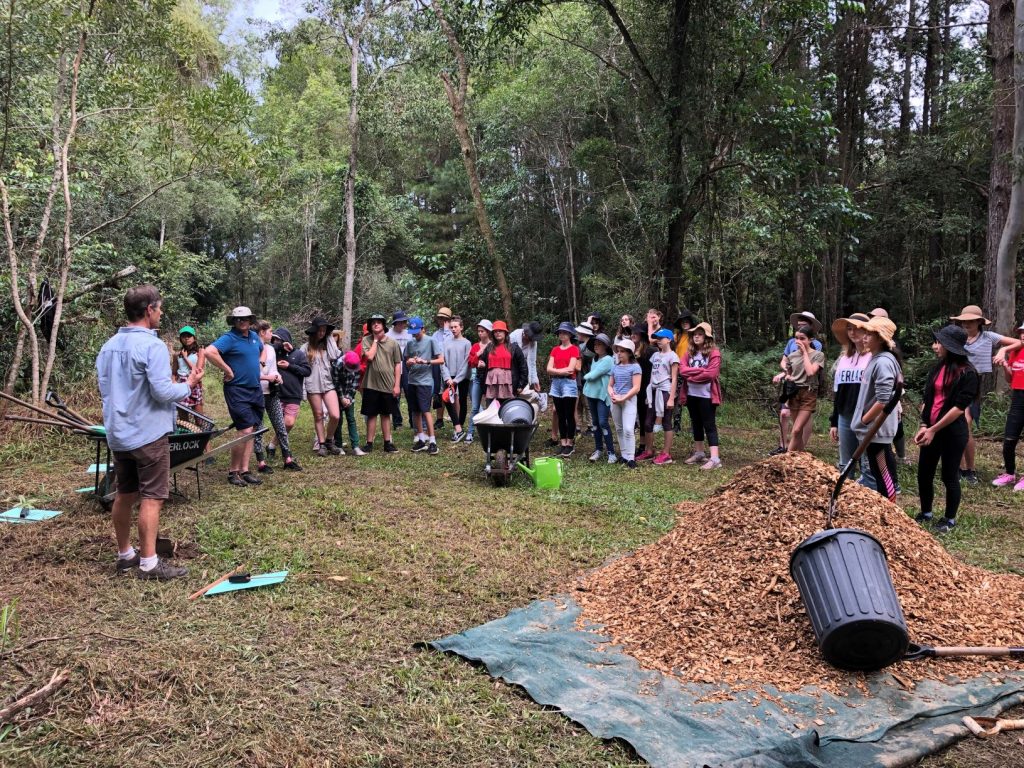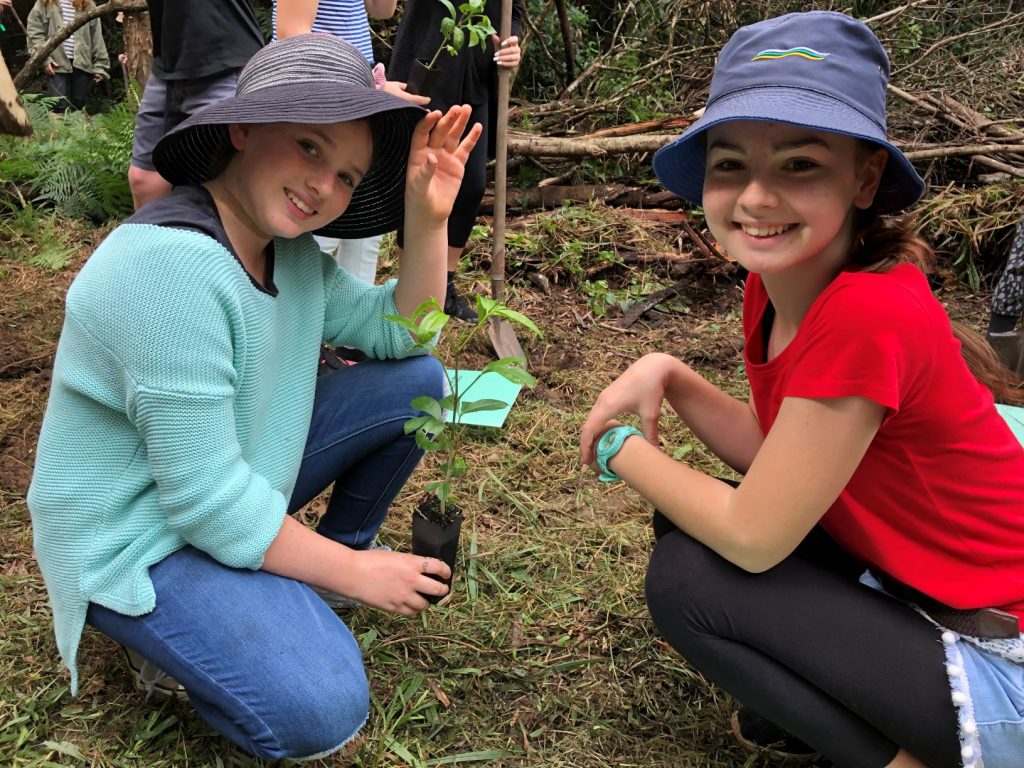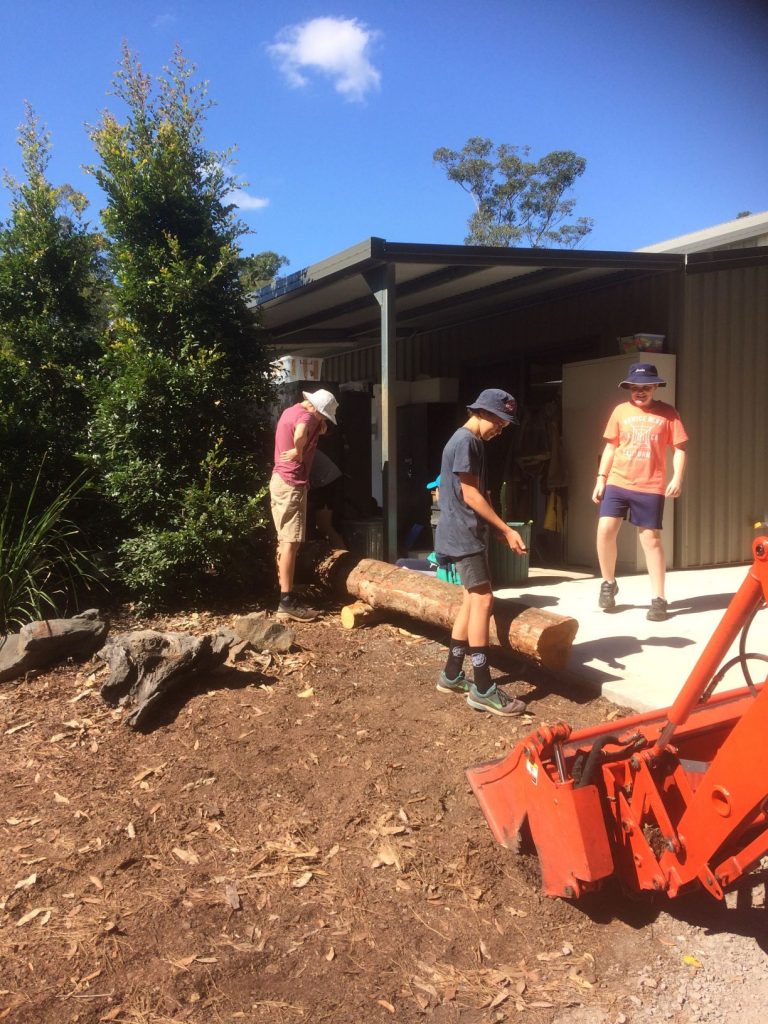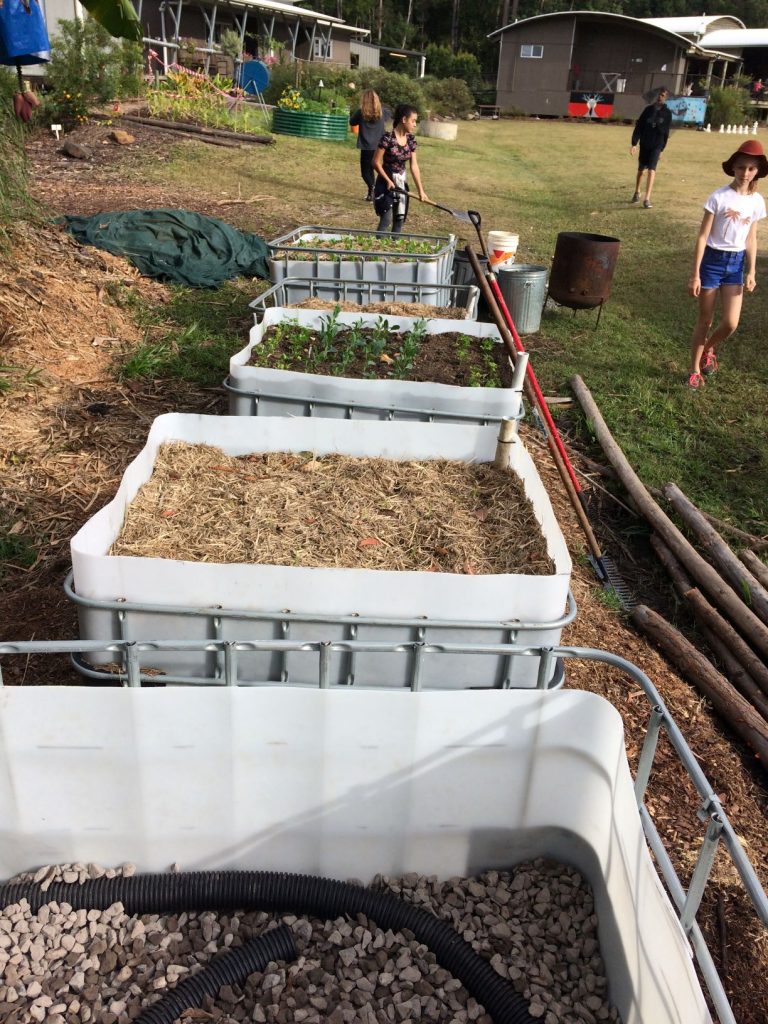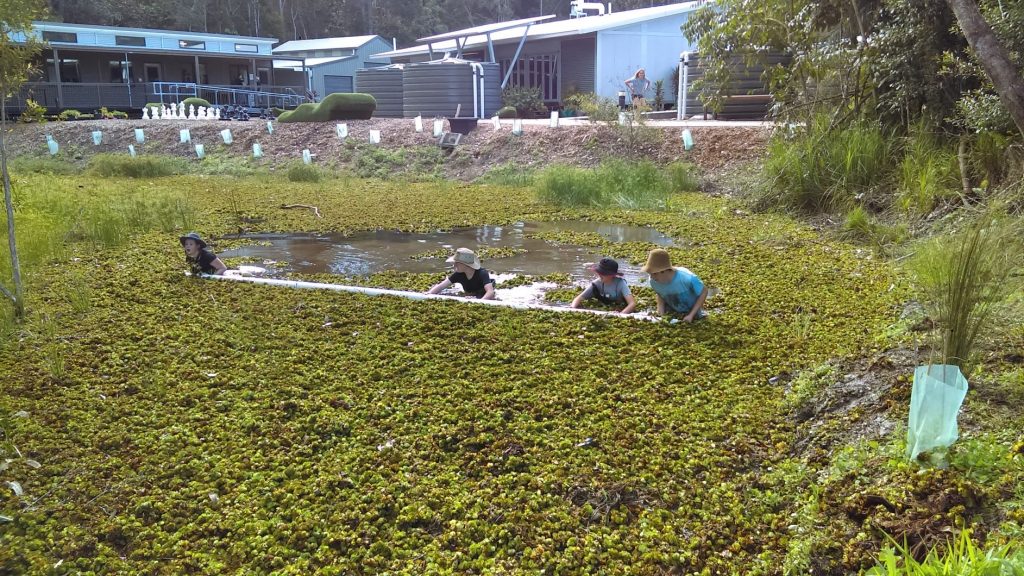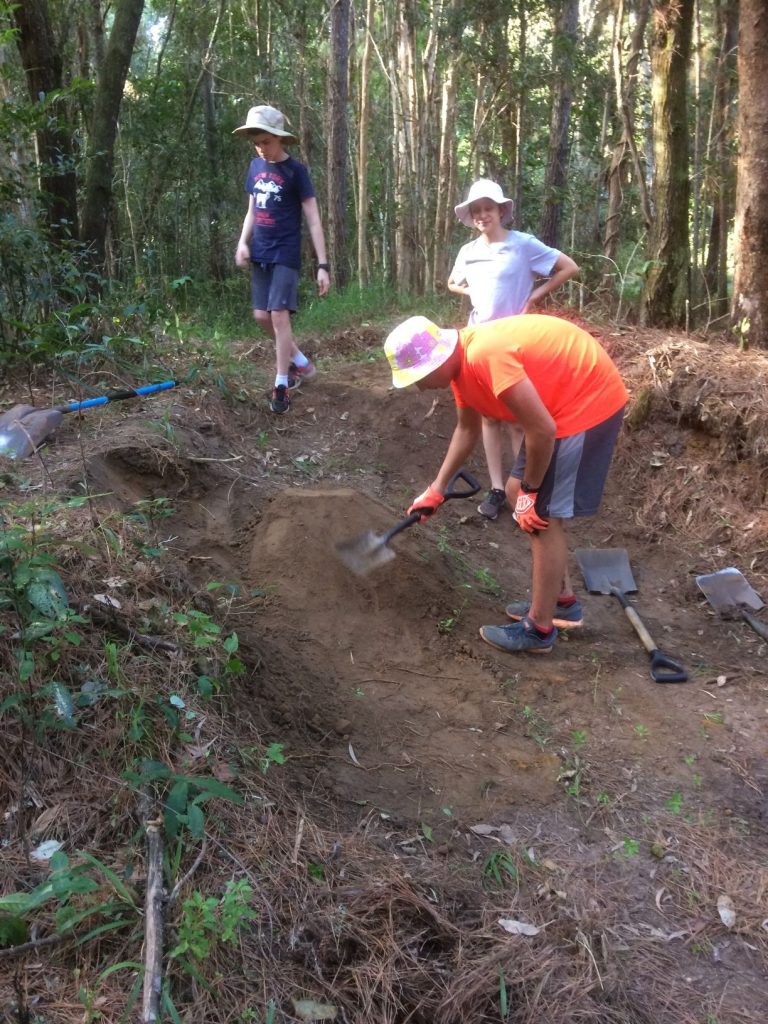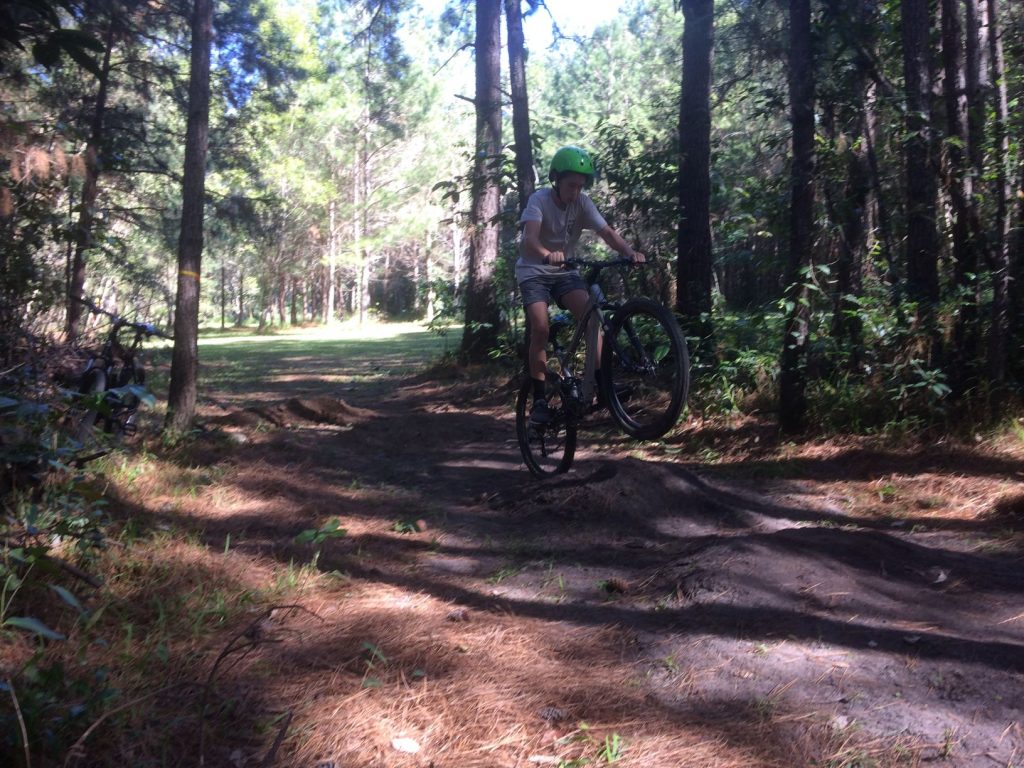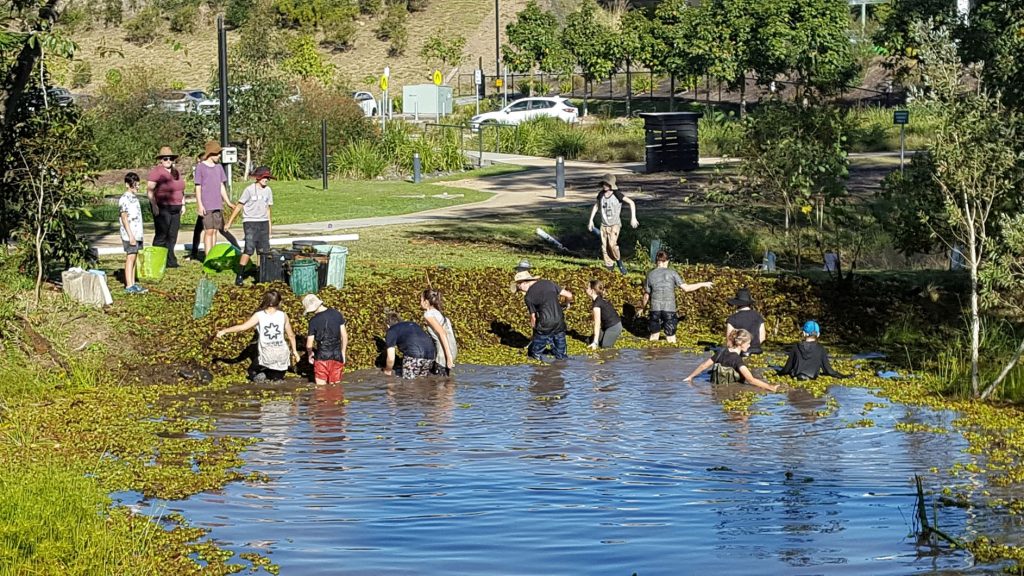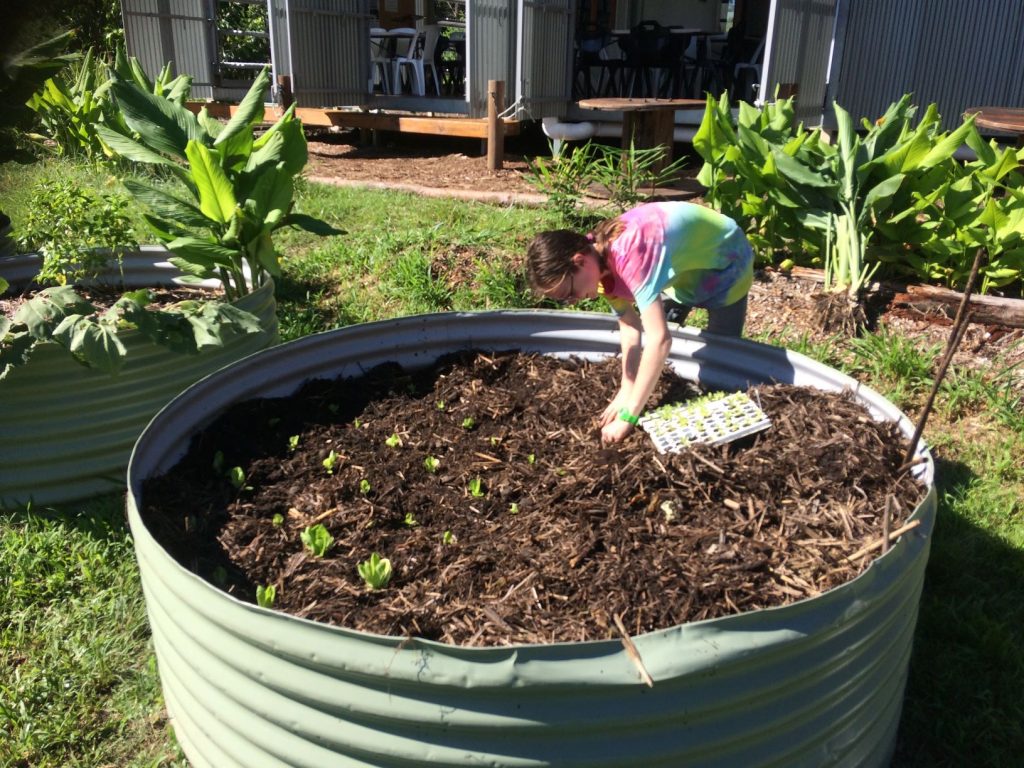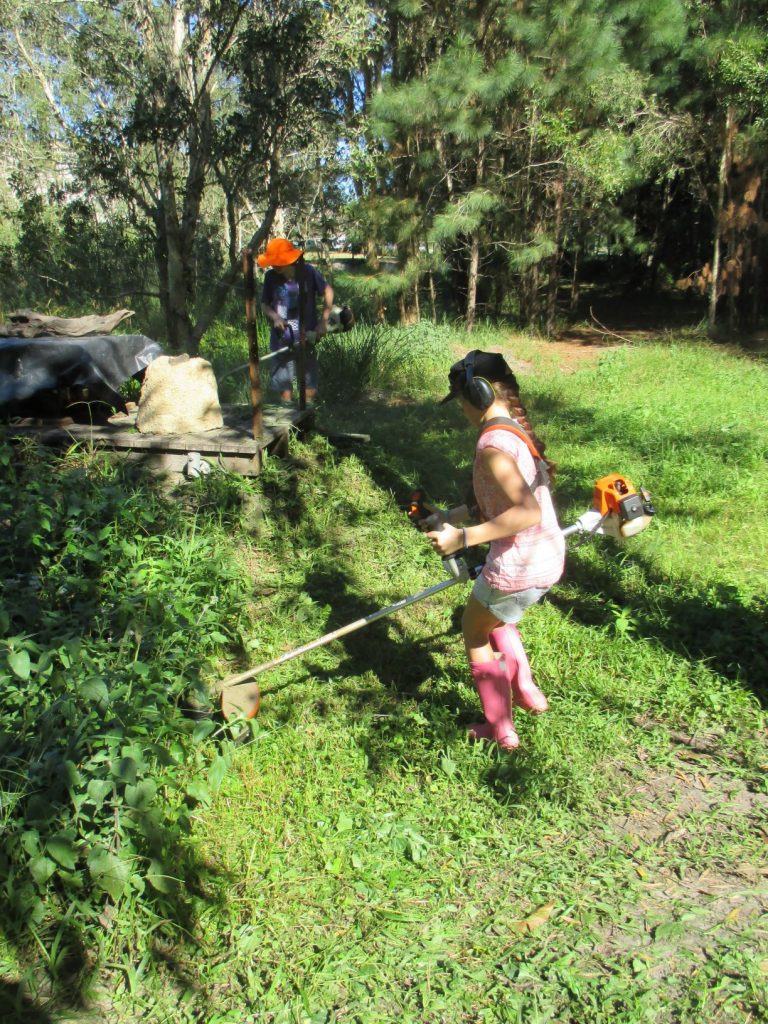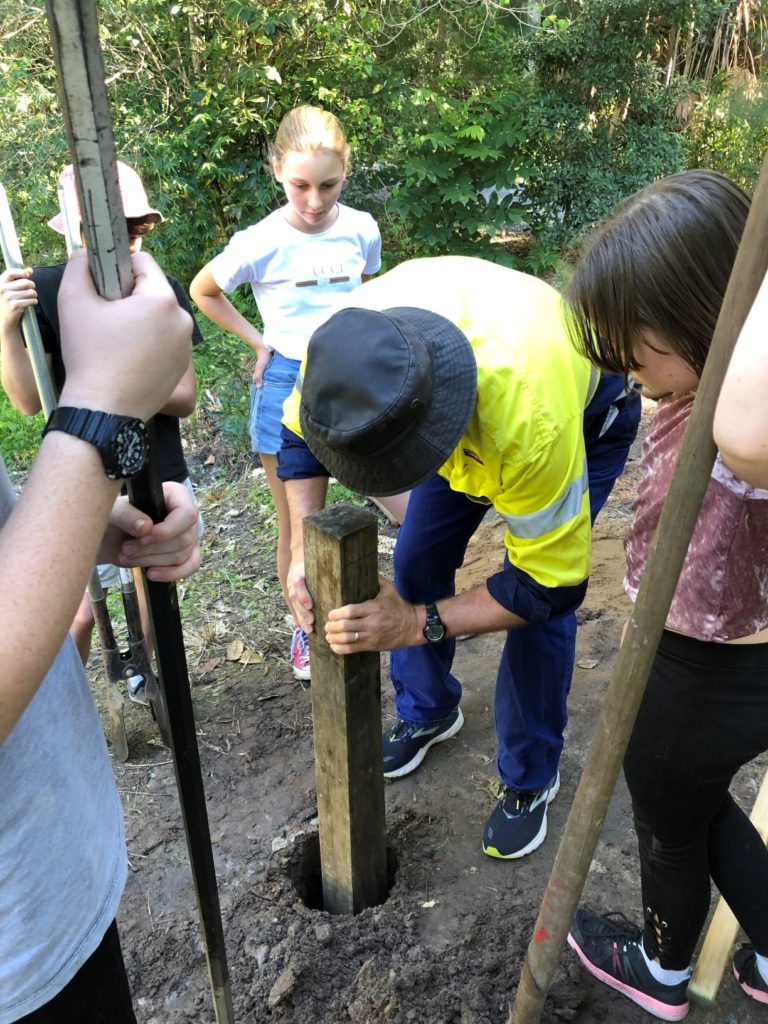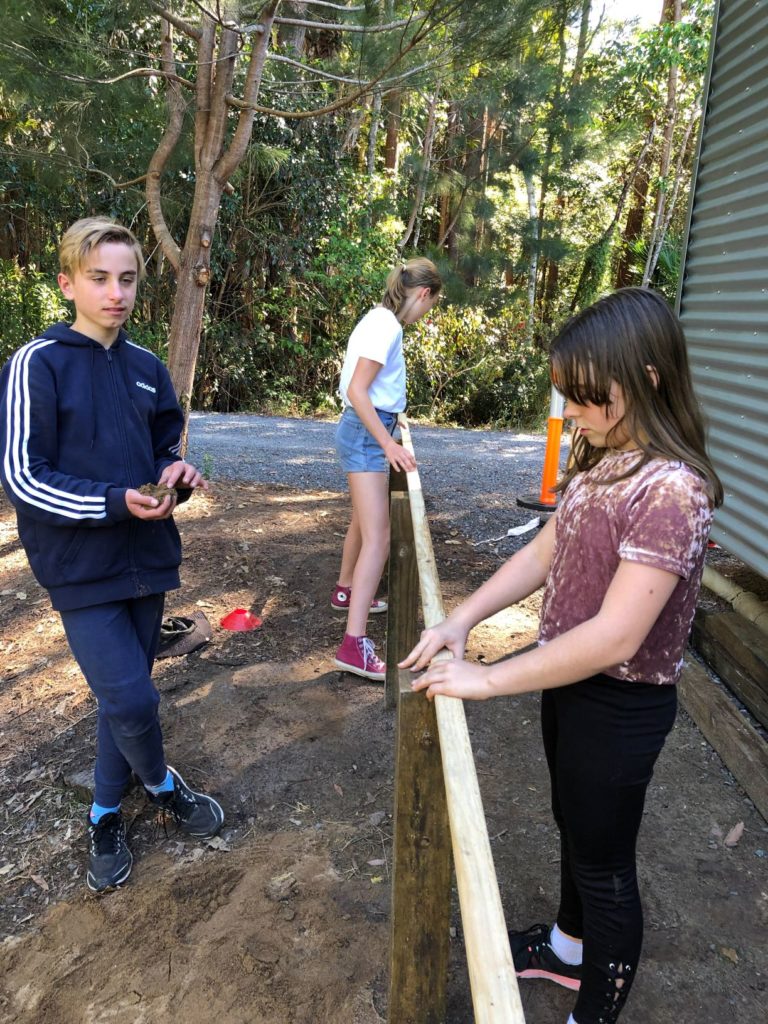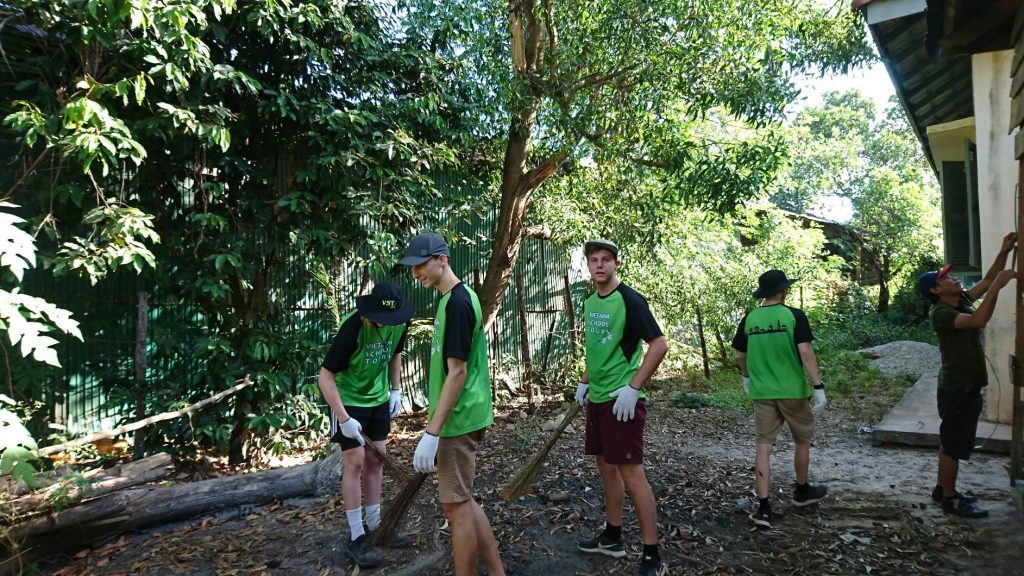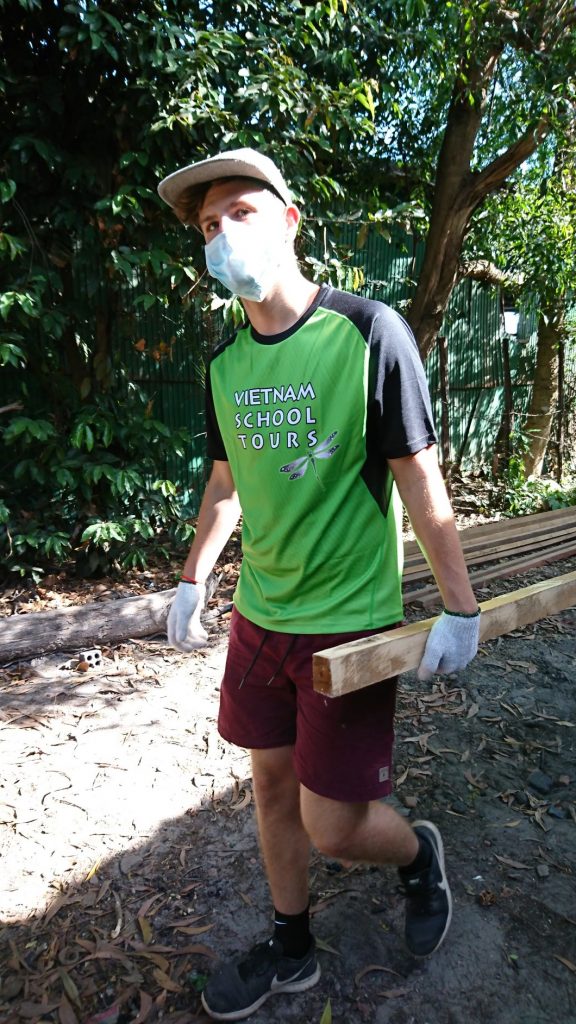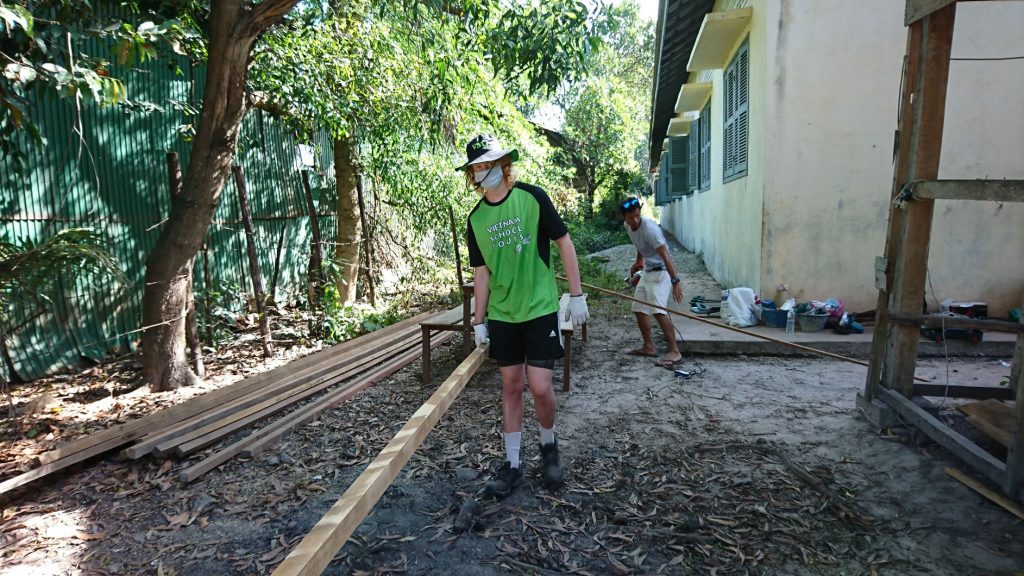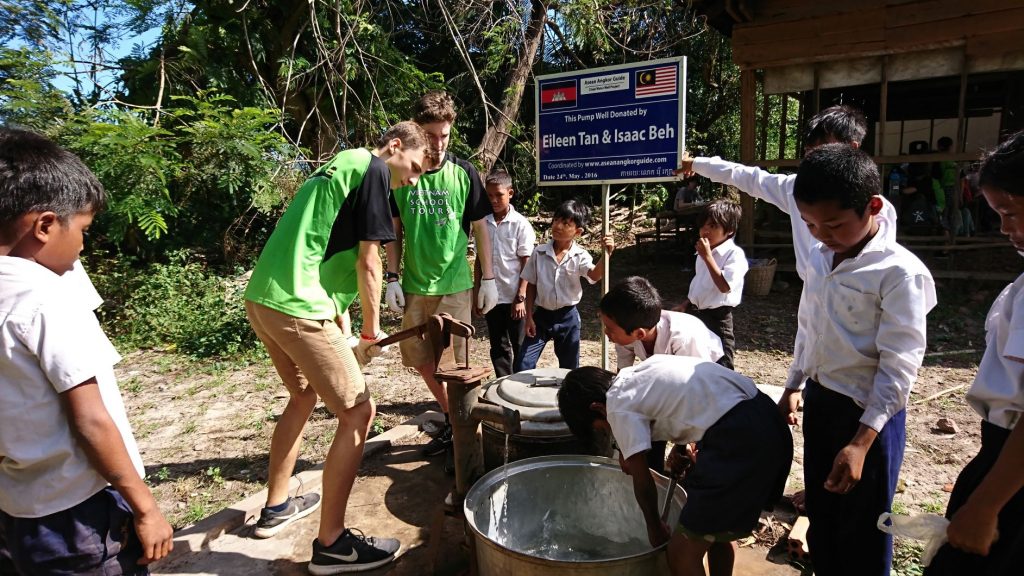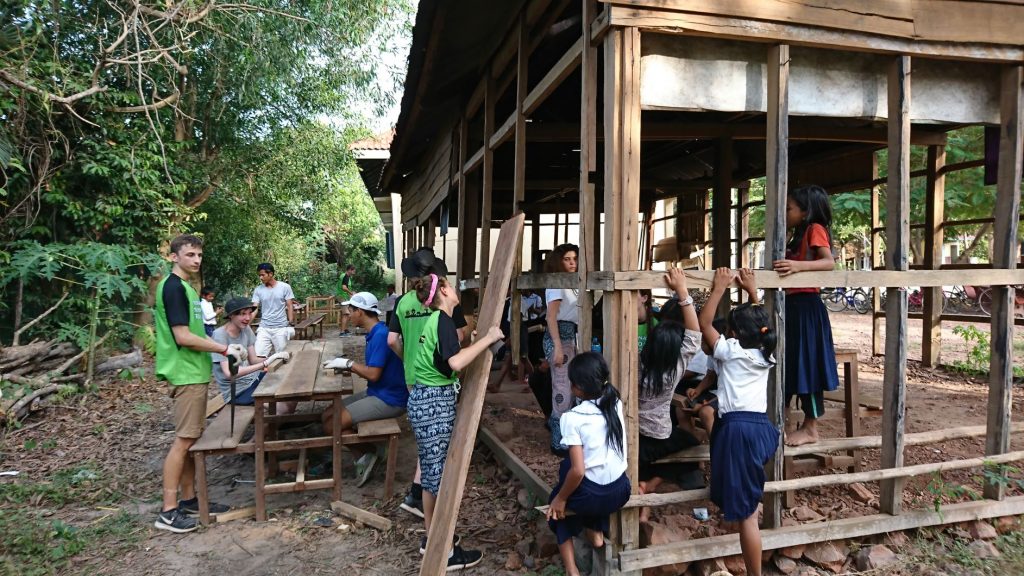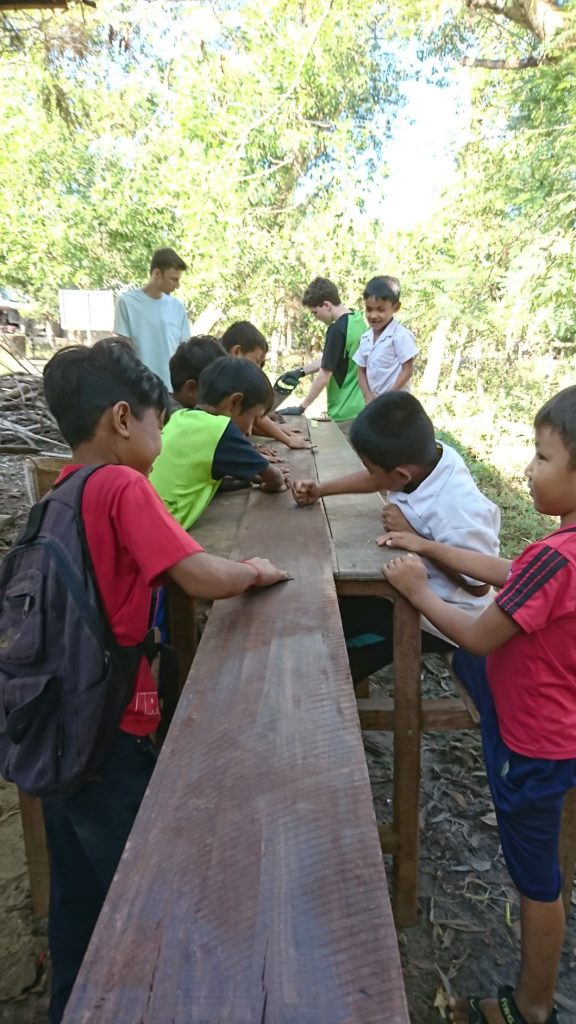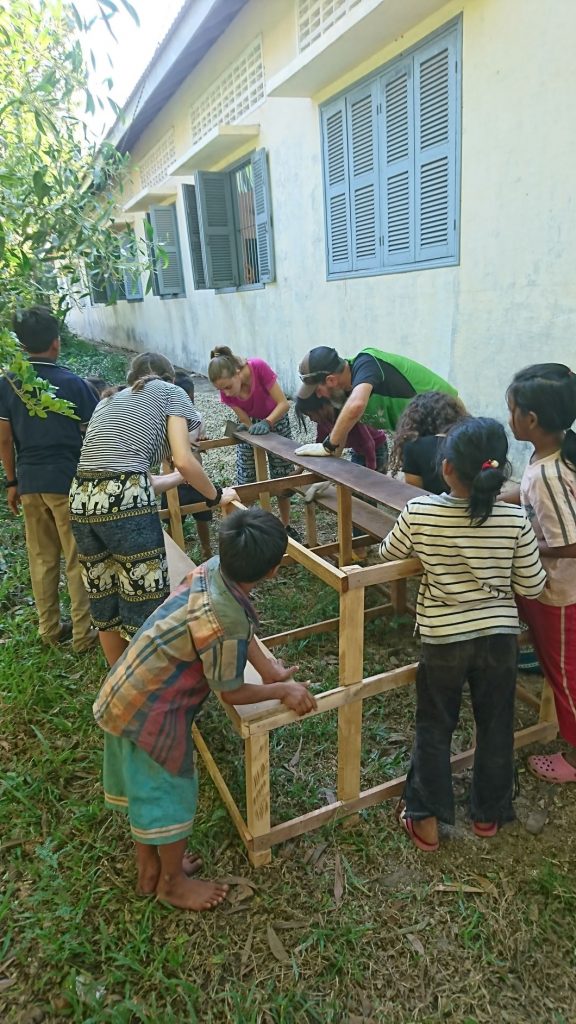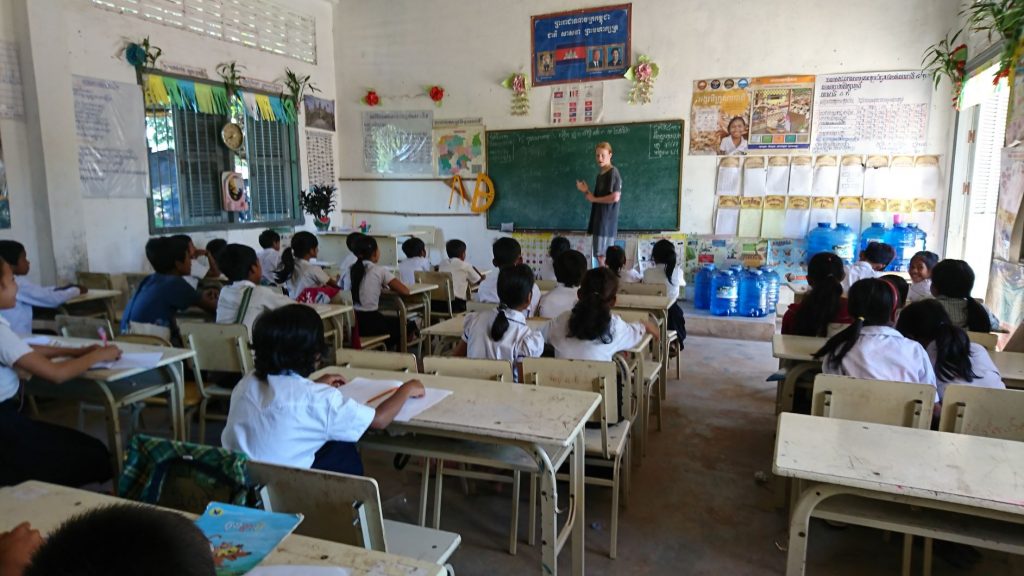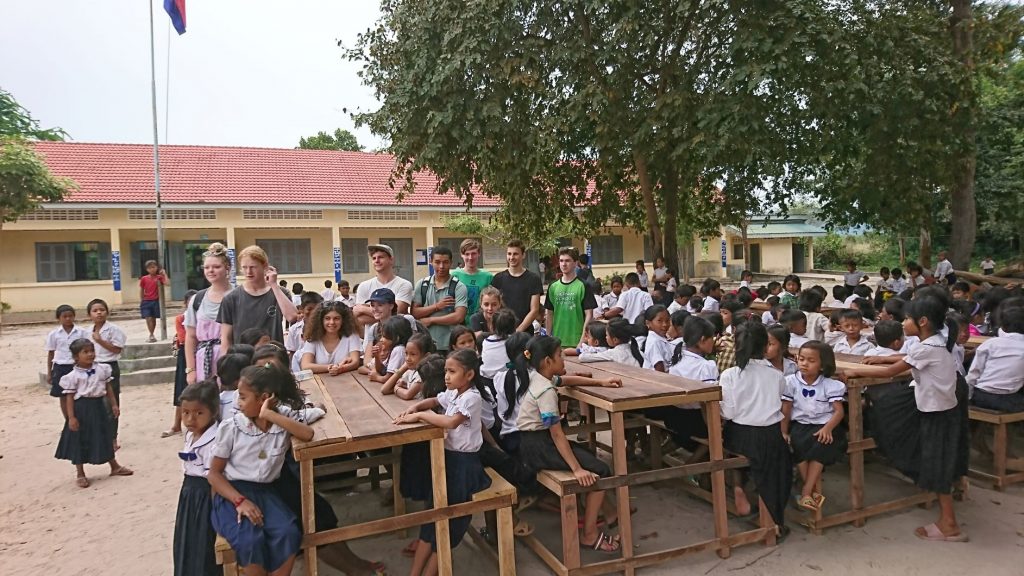Community and Cultural Understanding (Active Citizenship) work is a common thread across the entire Year 7 – 12 curriculum in the Adolescent Community, providing opportunities for meaningful work and real-life problem-solving. We all get much satisfaction from serving our communities and contributing to the groups we are a part of and this concept is introduced to children early at MIC.
In the Early Years everyone contributes to the care of class pets and plants and participates in community clean up at the end of each day, with older children in each cycle mentoring and teaching the younger children.
The same tasks are undertaken in the Primary College and students also extend their service to others into the wider community – often electing to support a cause or charity.
Once students graduate to the Adolescent Community, they discover new capacities as they are driven by a desire to be of service to others. Key skills developed are known as the 4 C’s:
- Communication: Sharing thoughts, questions, ideas and solutions
- Collaboration: Working together to reach a goal. Putting talent, expertise, and smarts to work.
- Critical thinking: Looking at problems in a new way and linking learning across subjects and disciplines.
- Creativity: Trying new approaches to get things done equals innovation and invention.
Land and Community Program (Year 7 – Year 8)
In the Land and Community Program, students participate in Community Life and Community Work. As well as cooking for one another and participating in community meetings, they care for their learning environments and get involved in community projects around our campus and our 22 hectare land lab, which is made up of bushland, rain forest and waterways.
Recent Community Projects have included:
- Developing the dam ecosystem – cataloging local and invasive species, removal of invasive species, cleaning the dam and local area, and toad-pole bio-control with native turtles
- Clean up of community areas – including the collection of roadside rubbish outside our school boundary that impacts water catchment
- Building an Edible Artworks Archway – driving poles into the ground and planting edible plants including strawberries, cherry tomatoes, snow peas, kiwi fruit and mandarin
- Care of the land – identifying and removing environmental weeds, planting native trees and landscaping
- Building a new path – to the Secondary College admin office
- Building a new planter box – for Junior Primary
- Rainforest Walk development – including signage.
Local Integrated Studies Program (Year 9 – Year 10)
In the Local Integrated Studies Program students design and lead Community Projects as well as lead support, support and develop projects within local communities. Community work is also an opportunity for Year 9 and Year 10 students to lead and mentor their peers in Year 7 and Year 8.
Recent Community Projects have included:
- Creation of mountain bike tracks and maintenance of mountain bikes
- Adolescent bathroom refurbishment – design, painting and furnishing
- Handball court construction – including using a tractor to clear the space, building formwork, laying reinforcing rods and pouring concrete
- Walkway and retaining wall construction – building a level walkway and retaining wall at the end of the Adolescent Learning Commons with a rope rail and level gravel path, allowing safer access and less erosion and silt runoff into the dam
- Beehive management – including introducing a new Queen bee to the hive, installing new hives and regular inspections and maintenance
- Growing spray-free fruit and vegetables – preparing the ground, sowing seeds, planting and harvesting as well as seed collection and the propagation of cuttings – and running a farm stall to sell produce to MIC families.
Future Pathways Program (Year 11 – Year 12)
In the Future Pathways Program, students add value through Community Contribution. After identifying areas of interest at local, national and global levels and working to understand the commonalities across the various contexts, students establish ways to engage communities to find solutions.
In recent years, senior students in our Adolescent Community have travelled to Cambodia to undertake community service at a primary school where they built wooden tables by hand for the children to eat their lunch and they also set up a farm so the children could grow their own fresh produce.
Through service, students develop and apply personal and social skills in real-life situations involving decision making, problem solving, initiative, responsibility and accountability for their actions.
For more on Community Work and Community Service at MIC, check out these blog posts:
- Service Learning: Taking Being of Service to Others to the Next Level
- MIC Families Get Outdoors for National Tree Day
- Environmental Projects Day: MIC Students in Action
- Service to Others is Not a Theory: We Have to Live It
- Live a Life of Purpose: Community Service at MIC
- Planting Trees for Koala Rehabilitation
